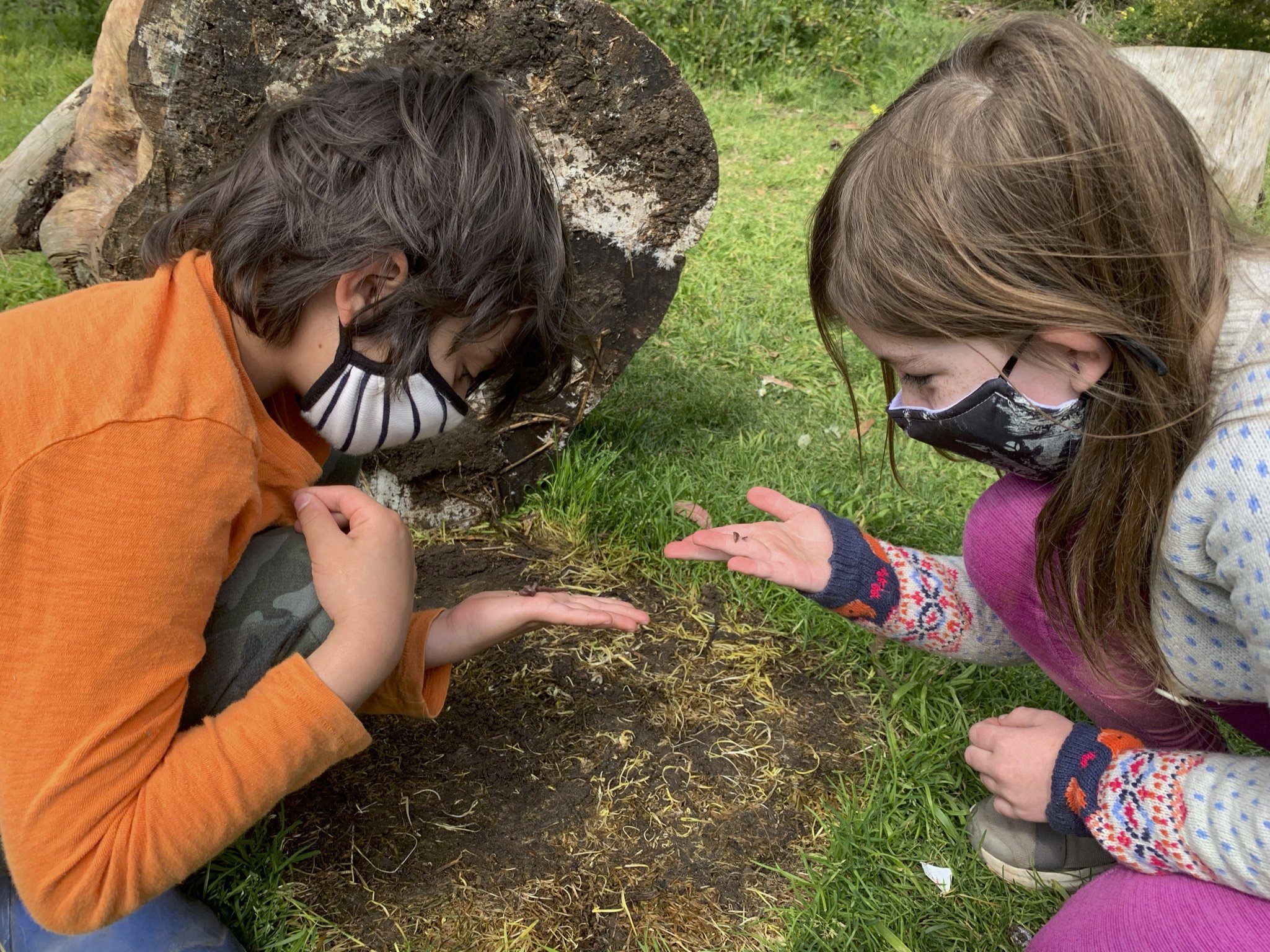What is student agency?
Within a school context, student agency is about shifting the ownership of learning from teachers to students, enabling students to have the understanding, ability, and opportunity to be part of the learning design and to take action to intervene in the learning process, to affect outcomes and become powerful lifelong learners.
We trust that children are instinctual learners, and we honor their leadership and partnership in their educational path.
Each year, Brightworks frames school-wide topics for exploration and encourages children to take on projects they are passionate about, while also fostering the development of a multitude of skills. Students are full partners in their own education, and every child is known and understood by their collaborators and the staff. Collaborators strive to build bonds with the students, challenge them, support them, and create with them so each can find their most beautiful version of themselves.
Student agency is about having the power, combined with choices, to take meaningful action and see the results of your decisions. It can be thought of as a catalyst for change or transformation.
Students have voice, choice and ownership for their own learning.
When students’ have agency, the relationship between the teacher and students becomes a partnership.
Students with a strong sense of self-efficacy bring a stronger sense of agency to the learning community.
The learning community supports agency and fosters self-efficacy.
The alternative is teacher control and an authoritarian system.
How should we explore the world together?
This is the unique perspective educators take at Brightworks. Gever Tulley explains the thinking behind our unique program and how it creates space for student agency and intrinsically motivated learning.
“A lot of the recent neuroscience is showing us that true learning, modification of the neurons in our brain only occurs in failure. And in that sense, it empowers the teacher and the student to try things that would otherwise be a high risk project. What if we get to the end of this thing and have nothing to show for it?
Well, you will have explored a lot of options along the way, covered new territory, grown in new, and for the moment, maybe unpredictable ways… We see them hitting all of the same notes as we see in curriculum — just not necessarily in the same order. And that’s the thing that’s crucial. The order that we learn things is not sacred.”
“ A critical requirement for learning through play is that children must experience agency and be supported rather than directed.
At one end of the spectrum, children are given more agency – the freedom to direct their own activities – and at the other, their play is guided by adults. Learning can happen at each point on the spectrum, but some degree of agency is a critical requirement for children’s engaged and effective learning.
Giving children agency doesn’t mean giving them total freedom, but rather seeing children as active participants in their learning and not passive recipients. In other words, their play should be supported, not directed. The greatest opportunities for flexing their ‘thinking’ muscles come when children are allowed to create and develop though iterations with real-world examples”






